To secure freedom for Afghanistan, all aspects of liberal democracy must be respected.
Afghanistan has long been politically unstable due to war and the predominance of weak regimes. However, the 9/11 attacks changed the scenario. The US intervention in 2001 that overthrew the Taliban brought hope for political stability and security to the country.
For decades, Afghan society has been ravaged by war, and the democratic transfer of power in the country has been crucial for political stability. Although recent elections have been viewed as fraud-tainted and lacking in transparency, the fact remains that the constitutional, executive and parliamentary reforms that have been implemented in the last 11 years serve as evidence of progress. Today, as some analysts seem optimistic about democracy in Afghanistan, many have completely overlooked the essential components of democratic development: women’s rights, freedom of speech, the rights of minorities, a free market economy, democratic institutions, civil society and freedom of the press.
It is clear that the country faces daunting challenges. War, poverty and illiteracy pose major obstacles to good governance and development. In spite of this, the fact cannot be ignored that Afghanistan has made progress in building institutions and promoting democratic practices. The recent presidential elections were conducted in a highly contentious environment. The first round was on April 5, but none of the candidates gained more than 50% of the vote, which consequently forced a run-off that was held on June 14. Although the elections in Afghanistan were supposed to move the country toward a peaceful transfer of power and a healthier democratic polity, fraud allegations frustrated these ambitions.
For some, the elections, due to their lack of legitimacy, have moved the country even closer to the status of a failed state. It is undoubtedly true that free and fair elections are crucial, but the assumption that elections are the end-all-be-all of democracy is completely false. Political freedom is more than the mere idea of elections. Before measuring progress in Afghanistan, one needs to know the characteristics of true democracy. These characteristics include reliable institutions, universal education, rule of law and the protection of civil, political and human rights. These are the essential elements that form democracy within a society.
Afghans may not live in ideal circumstances, but the current government is much more stable and respectful of human rights than previous regimes.
To examine this in practice, it is important to examine other developing countries that rank higher than Afghanistan in education, economy, quality of life and other socioeconomic indicators. For instance, Pakistan may be doing better in many respects; however, in some cases, Afghanistan is doing better than those countries in the indicators measuring democracy. In fact, freedom of press and freedom of expression are better protected in Afghanistan than in Pakistan. This shows that democracy is not only about the outcome of an election. Afghans may not live in ideal circumstances, but the current government is much more stable and respectful of human rights than previous regimes.
The disputed election is over and Afghanistan’s new president, Ashraf Ghani, struck a bold reformist note in his inauguration speech. Afghans seem to trust the new academic and technocratic president. The sustainability and success of his administration depends on cooperation from all sides. The unity government and power-sharing arrangements should remain neutral in nature. Their only aim should be to prevent further tension and to nip potential violence in the bud. It should aim at fostering economic and social development — in particular, attracting foreign direct investment.
In spite of the many flaws in the Afghan government, the new president will — hopefully — bring peace and prosperity to the impoverished nation, which will lead freedom to blossom. The well-being and happiness of citizens gives meaning to the essence of democracy: a government of the people, by the people and for the people.
The views expressed in this article are the author’s own and do not necessarily reflect Fair Observer’s editorial policy.
Support Fair Observer
We rely on your support for our independence, diversity and quality.
For more than 10 years, Fair Observer has been free, fair and independent. No billionaire owns us, no advertisers control us. We are a reader-supported nonprofit. Unlike many other publications, we keep our content free for readers regardless of where they live or whether they can afford to pay. We have no paywalls and no ads.
In the post-truth era of fake news, echo chambers and filter bubbles, we publish a plurality of perspectives from around the world. Anyone can publish with us, but everyone goes through a rigorous editorial process. So, you get fact-checked, well-reasoned content instead of noise.
We publish 2,500+ voices from 90+ countries. We also conduct education and training programs
on subjects ranging from digital media and journalism to writing and critical thinking. This
doesn’t come cheap. Servers, editors, trainers and web developers cost
money.
Please consider supporting us on a regular basis as a recurring donor or a
sustaining member.
Will you support FO’s journalism?
We rely on your support for our independence, diversity and quality.


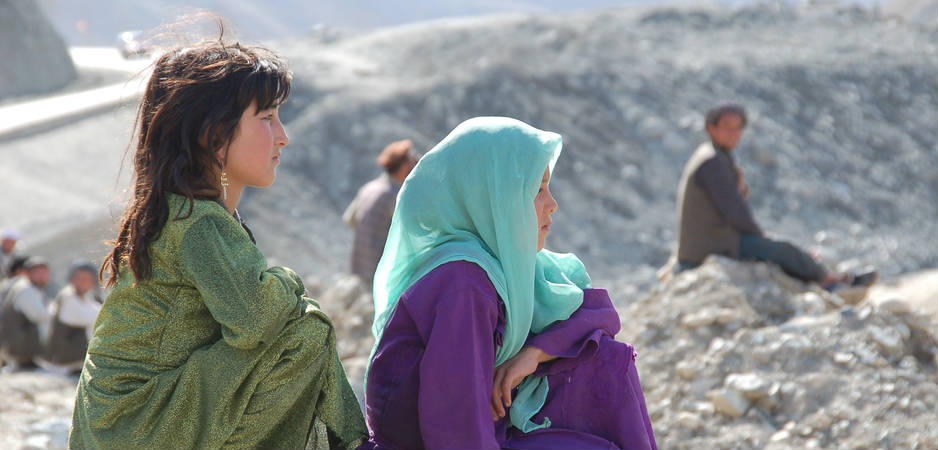

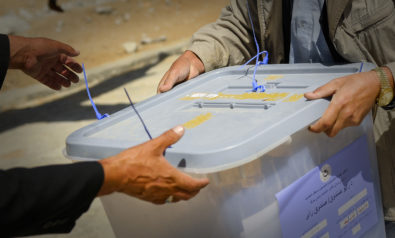
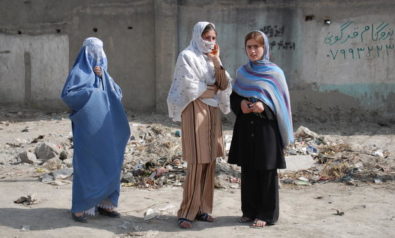
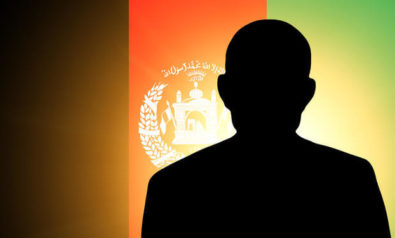
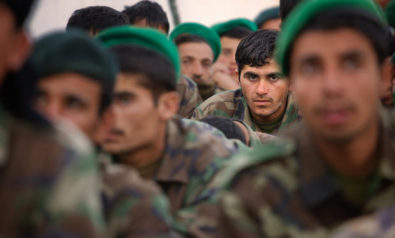



Comment